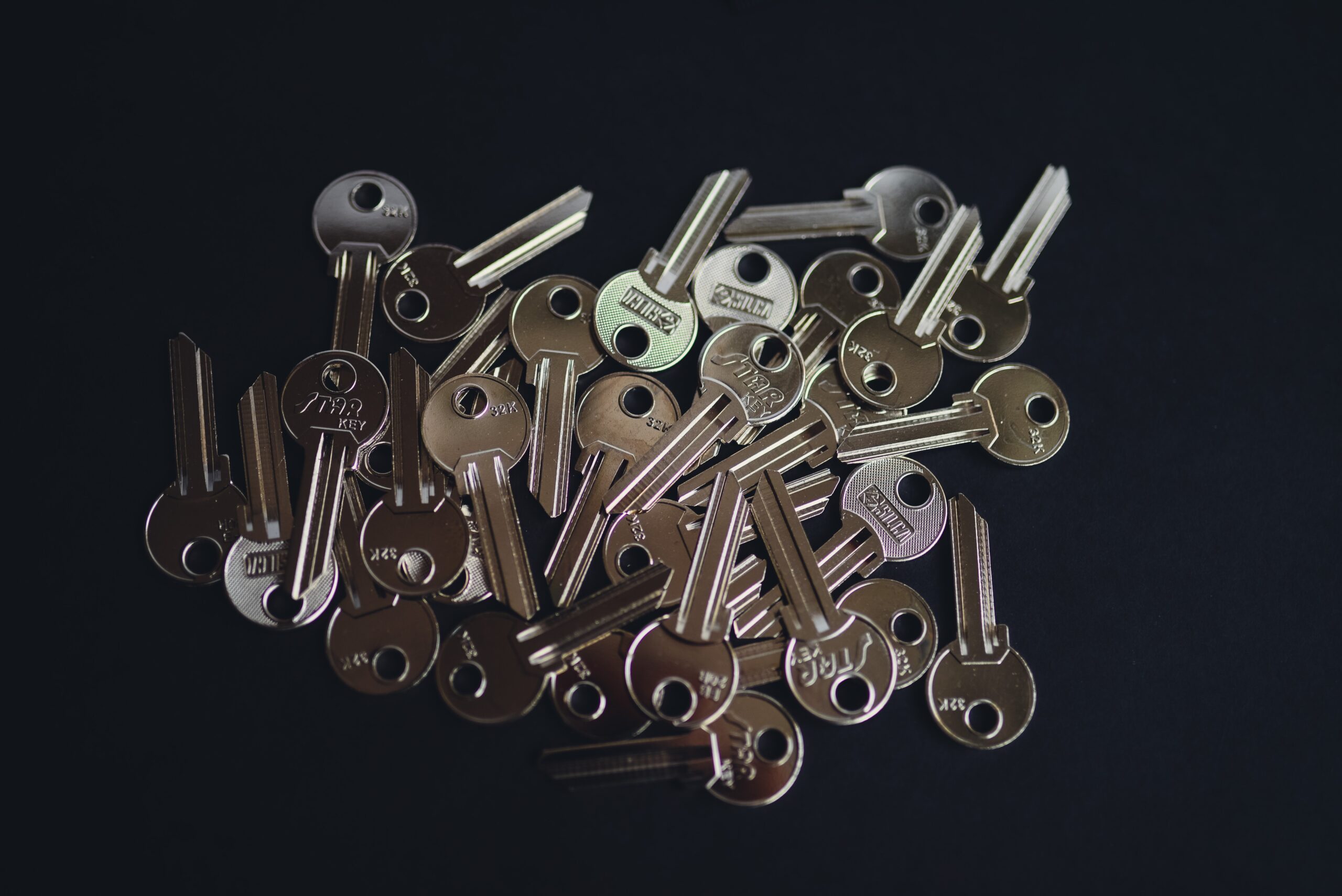Smart Home Devices: Transforming Living Spaces in the Digital Age

In today’s world, technology is everywhere. One of the biggest changes is in how we live at home. Smart home devices are transforming our living spaces. They make our lives easier, safer, and more enjoyable. In this article, we will explore what smart home devices are, how they work, and the benefits they offer.
What Are Smart Home Devices?
Smart home devices are gadgets that connect to the internet. They allow you to control them remotely. You can use your smartphone, tablet, or voice commands to operate them. These devices can include smart lights, thermostats, cameras, locks, and speakers. They are designed to make our homes more convenient and efficient.
How Do Smart Home Devices Work?
Smart home devices connect to your home Wi-Fi network. This allows them to communicate with each other and with your mobile devices. Many devices also work with smart home hubs. A hub acts as a central point for all your devices. It can help control everything from one place.
Most smart home devices have user-friendly apps. These apps let you control your devices from anywhere. For example, you can turn off the lights or adjust the thermostat while at work. Some devices also use voice recognition. This means you can use your voice to give commands. Smart assistants like Amazon Alexa or Google Assistant are popular for this.
Types of Smart Home Devices
There are many types of smart home devices. Here are some common ones:
1. Smart Lights
Smart lights can be controlled remotely. You can change their brightness, color, and schedule when they turn on or off. Some smart lights can even respond to voice commands. They help save energy and add ambiance to your home.
2. Smart Thermostats
Smart thermostats learn your temperature preferences. They can adjust the heating and cooling in your home automatically. This can save you money on your energy bills. You can also control them from your smartphone, making it easy to set the perfect temperature.
3. Smart Security Cameras
Smart security cameras help keep your home safe. You can monitor your property from anywhere. Many cameras send alerts to your phone if they detect motion. Some even offer two-way audio. This means you can talk to visitors or delivery people through the camera.
4. Smart Locks
Smart locks allow you to secure your home without a traditional key. You can lock and unlock your door using your smartphone. Some smart locks offer keyless entry codes. This means you can give guests temporary access without giving them a physical key.
5. Smart Speakers
Smart speakers are more than just music players. They can control other smart devices in your home. You can ask them to play music, answer questions, or provide weather updates. They serve as a central hub for many smart home devices.
Benefits of Smart Home Devices
Smart home devices offer many benefits. Here are some of the most important:
1. Convenience
Smart devices make everyday tasks easier. You can control your lights, thermostat, and appliances from your phone. This means you don’t have to get up to turn things on or off. You can even schedule tasks to happen automatically.
2. Energy Efficiency
Many smart devices help reduce energy consumption. Smart thermostats learn your habits and optimize energy use. Smart lights can be programmed to turn off when no one is home. This helps save money on energy bills.
3. Enhanced Security
Smart home devices improve security in several ways. Security cameras provide real-time monitoring. Smart locks allow you to control access to your home. You can receive alerts on your phone if something unusual happens.
4. Improved Comfort
Smart devices can enhance your comfort at home. Smart thermostats maintain a pleasant temperature. Smart lights can create the perfect ambiance for any occasion. You can easily adjust settings to suit your mood.
5. Increased Home Value
Smart home technology can add value to your property. Many buyers are looking for homes with smart features. Investing in smart devices can make your home more appealing and modern.
Challenges and Considerations
While smart home devices offer many advantages, they also come with challenges. Here are some considerations to keep in mind:
1. Cost
Smart home devices can be expensive. While they save money on energy bills, the initial investment can be high. It’s important to budget and choose devices that fit your needs.
2. Privacy Concerns
Smart devices often collect data about your habits. This raises privacy concerns. It’s essential to read privacy policies and understand how your data is used.
3. Compatibility Issues
Not all smart devices work well together. Before buying, check if devices are compatible with your existing smart home system or hub.
Conclusion
Smart home devices are transforming our living spaces in the digital age. They offer convenience, energy efficiency, enhanced security, and comfort. As technology continues to advance, smart devices will likely become even more integrated into our lives. While there are challenges, the benefits often outweigh the downsides. Embracing smart home technology can lead to a more efficient and enjoyable living experience. Whether you’re looking to upgrade your home or start fresh, smart home devices can make a significant difference.




